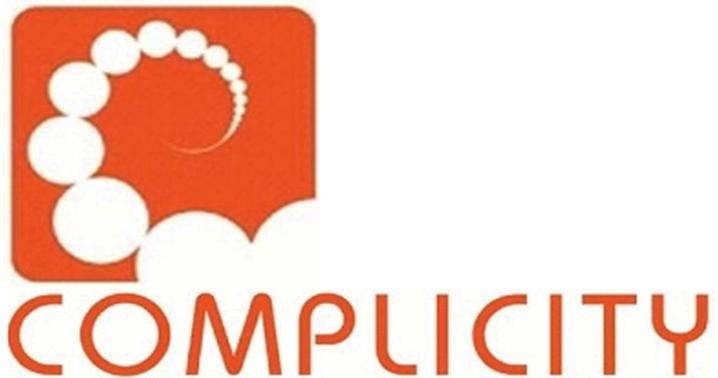Teaching and Ethics in Complexity Science: The Ethics of Absolute Unitary Being
DOI:
https://doi.org/10.29173/cmplct8742Abstract
The paper argues for the significance of complexity science and its role in the ethics of teaching that is not based on moral codes. Through the work of Varela on human consciousness, and the work of Newburg and his colleagues on neurotheology, the paper explores the elements of human consciousness that are relevant for characterising an ethical act. Varela’s concepts of emergent self and autopoiesis as well as Newburg’s concept of Absolute Unitary Being provide the necessary conditions for characterizing an ethical act as essentially unconscious. Finally the paper discusses the implication of these contentions for ethics in teaching.Downloads
Published
2006-12-01
Issue
Section
Research Articles



